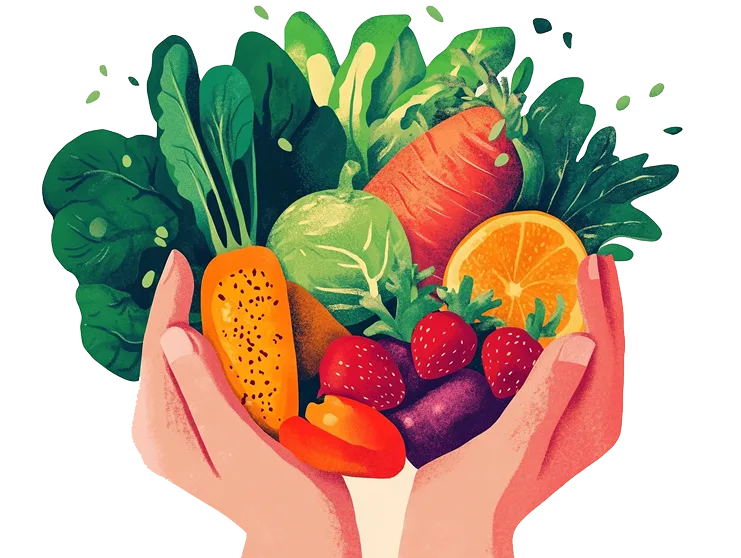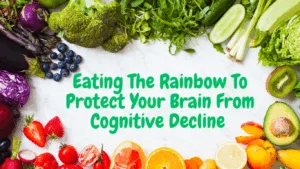Your cart is currently empty!
Helping you thrive with plant-based nutrition for a long & healthy life.

Podcast

Podcast #105 – How To Prevent Cognitive Decline
Cognitive decline can feel like an inevitable part of aging, but research shows that many aspects of brain health are within our control. In this episode of the Ordinary Vegan Podcast, I dive into the science behind preventing dementia and mild cognitive impairment (MCI) — and share the everyday habits that can help keep your mind sharp at any age.
Dementia rates are on the rise, with over 55 million people worldwide currently living with the condition. But here’s the good news: lifestyle changes could prevent up to 45% of dementia cases. From the foods you eat to how you move, think, and connect, the choices you make now can shape your cognitive health for years to come.
One of the most important steps? Cutting back on ultra-processed foods. Studies have found that for every 10% increase in processed food intake, dementia risk can climb by as much as 25%. Instead, focus on whole, nutrient-rich foods like colorful fruits and vegetables, nuts, seeds, legumes, and whole grains. Foods rich in antioxidants, carotenoids, and omega-3 fatty acids have been shown to protect brain cells and support memory.
Limit Your Risk for Cognitive Decline

Exercise is another powerful tool for brain health. Regular physical activity increases blood flow to the brain, encourages the growth of new brain cells, and can even improve memory. Pair that with mental stimulation — like learning a new skill, playing word games, or engaging in creative hobbies — and you give your brain the challenge it needs to stay resilient.
Social connection matters too. Whether it’s spending time with friends, volunteering, or even making regular video calls, staying engaged with others can lower your risk of cognitive decline and boost your overall well-being.
This episode also includes a special announcement: I’ve just released my first children’s coloring book, How Fruits & Veggies Saved the Day, designed to make healthy eating fun for kids. You can find it at ordinaryvegan.net and on Amazon.
Listen to the full episode to learn practical, science-backed strategies to protect your brain health.
📚 Resources & Links:
- How Fruits & Veggies Saved The Day: A bright and colorful coloring book that encourages your little ones to eat fruits and veggies! Available at ordinaryvegan.net & Amazon
- Connect on Instagram, Facebook & TikTok: @ordinaryvegan
- Visit my Amazon Shop. Curated with care. Free of toxins. Made for your well-being.


Leave a Reply